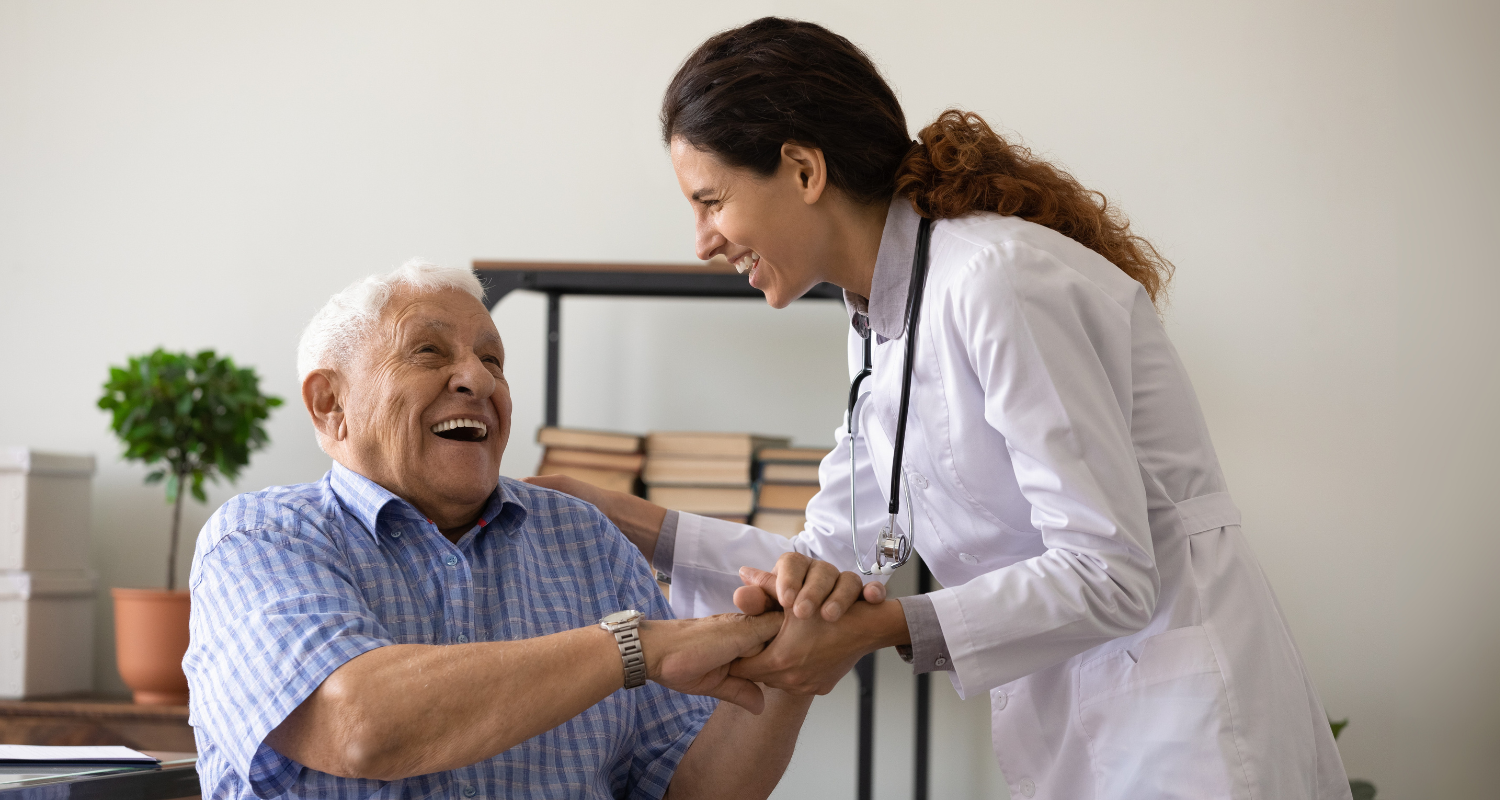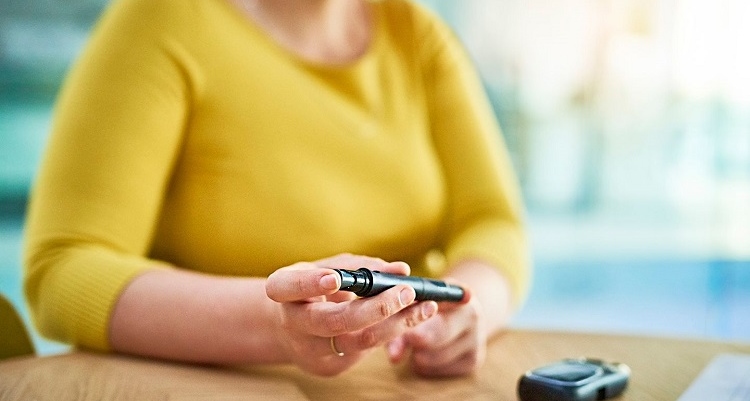Winter has arrived bringing with it an unwelcome dropping of temperature. Winter is more than just an inconvenience; it poses a real risk for our elderly who are more susceptible to the effects of the cold.
There are many ways to stay warm beyond turning up the heater.
Around the home
- Keep the temperature around 21 degrees
- Retain heat in the home by closing doors, curtains and vents in unused rooms
- Draft proof windows and doors were possible
- Blankets and throw rugs can provide extra warmth when sitting. Layer several light blankets at night instead of one heavier one
- Use heat packs, hot water bottles and electric blankets (but not at the same time)
Outside the home
- Hot hands disposable warmers are ideal when outside
- Good quality coat, hat, scarf, gloves and thermal underwear should be worn when outside
- Scarfs can be used to cover the mouth to avoid cold air in the lungs
- A throw blanket can be used when traveling
Dress for the cold
- Wear several layers of clothing, including thermal vests/ tee shirts
- Gloves and socks are needed to keep the extremities warm, but don’t neglect the torso. This also needs to be kept warm
- A hat and scarf can be worn indoors if needed
- Keep the feet warm with socks and slippers – non slip of course
Winter warmer food
- Heat the body from the inside with warm foods such as nutritious soups, porridge, hot teas, coffee, water or hot chocolate
- Ensure hot meals are available, it can be hard to get motivated to prepare meals in the colder months
- Avoid alcohol, which can cause heat loss
Safety
- Have all heating appliances checked for safety
- Ensure smoke detectors are in place and working properly
- Install a carbon monoxide detector
- Keep an eye on the weather forecast
Other considerations
- Keep the bathroom warm when showering, drying the body and hair as soon as possible
- Have a roster set up with family and friends to check in on the elderly person, ensuring they are warm and have everything they need
- Encourage movement, rather than always sitting
- Check that all these warming ideas don’t result in overheating
- Cuddle up with loved ones or pets
- High costs of power bills may deter the elderly from using heating appropriately. Visit this site for information on reducing power bills and available assistance
Health considerations
- Check with your GP if medications or medical conditions could be contributing to a lower body temperature
- Those with cognitive decline may not be aware of their dropping body temperature or remember to wear appropriate clothing, putting them further at risk. Checking in with them regularly is essential to ensure their wellbeing during the colder months
Related Posts
July 7, 2025
Managing diabetes with a Home Care Package – a path to better health
Living with diabetes can feel like a…




